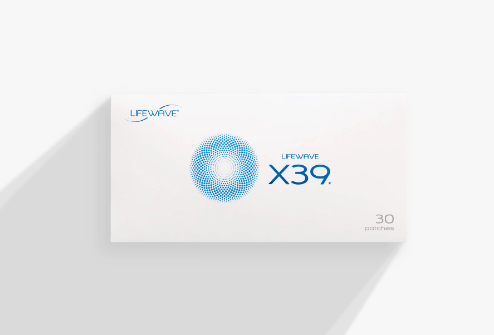
Lawsuits in the health and wellness industry are not uncommon, given the competitive and highly regulated nature of the field. One such legal conflict that has garnered significant attention is the ongoing lawsuit between LifeWave, a company known for its wellness products, and Life Time, a prominent fitness and lifestyle brand. The dispute, which has persisted for years, revolves around issues of trademark infringement, brand confusion, and the broader implications for businesses operating in the wellness industry.
Background on the Companies
LifeWave was founded in 2004 by David Schmidt, focusing on wellness products that claim to enhance energy, sleep quality, and overall well-being. The company is best known for its non-transdermal patches, which are designed to stimulate the body’s natural healing mechanisms. LifeWave lawsuit markets itself as a pioneer in the field of phototherapy, and its products have attracted a dedicated customer base globally.
Life Time, Inc., on the other hand, is a well-established brand in the fitness and lifestyle sector, founded in 1992 by Bahram Akradi. The company operates over 150 health clubs in the United States and Canada, offering a range of services including gym memberships, personal training, and wellness programs. Life Time is known for its comprehensive approach to health, emphasizing fitness, nutrition, and holistic wellness.
See also: How Can Film Insurance Safeguard Your Production from Costly Delays and Accidents?
The Legal Conflict
The legal battle between LifeWave and Life Time began when Life Time filed a lawsuit against LifeWave, alleging trademark infringement. Life Time claimed that LifeWave’s use of its name and branding was too similar to Life Time’s, causing confusion among consumers and potentially damaging its reputation. Life Time argued that the similarity in names could lead customers to believe that LifeWave’s products were affiliated with or endorsed by Life Time, which they were not.
LifeWave, in response, denied any wrongdoing and argued that its branding and products were distinctly different from Life Time’s offerings. LifeWave contended that its focus on wellness patches and related products did not overlap with Life Time’s fitness and lifestyle services, thus eliminating any potential for consumer confusion.
Trademark Infringement and Brand Confusion
At the heart of this lawsuit is the issue of trademark infringement, a legal concept designed to protect brands from unauthorized use of their names, logos, or other identifiers that could confuse consumers. In this case, Life Time’s legal team argued that LifeWave’s use of the “Life” prefix, coupled with similar branding strategies, infringed on its trademark rights.
Trademark infringement cases often hinge on the “likelihood of confusion” standard. Courts consider various factors, such as the similarity of the marks, the similarity of the products or services, the strength of the plaintiff’s trademark, and the intent of the defendant in adopting the mark. In the LifeWave vs. Life Time case, the debate focused on whether consumers were likely to be confused by the similarities between the two brands.
The Broader Implications
Beyond the specifics of this lawsuit, the case highlights broader issues within the health and wellness industry. As more companies enter the market, the potential for trademark disputes increases. Brands must be vigilant in protecting their intellectual property while also being mindful of the legal risks associated with marketing strategies.
For LifeWave, the lawsuit underscores the challenges of operating in a crowded market where brand differentiation is crucial. The company has invested heavily in building a reputation around its unique product offerings, and any legal entanglements that threaten to blur the lines between it and competitors could be detrimental.
For Life Time, the lawsuit is part of a broader strategy to maintain its brand identity and market dominance. As a leading player in the fitness industry, Life Time has a vested interest in ensuring that its name is not diluted by other companies with similar-sounding brands.
The Current Status of the Lawsuit
As of the latest updates, the lawsuit is ongoing, with both sides presenting their arguments in court. The outcome of the case could set a precedent for future trademark disputes in the health and wellness sector. If Life Time prevails, it could lead to stricter enforcement of trademark rights, particularly in industries where brand names and identities are crucial to consumer trust.
Conversely, if LifeWave successfully defends its position, it could signal a shift towards a more lenient interpretation of trademark laws, allowing for greater flexibility in branding, especially for companies that operate in adjacent but distinct sectors.
Conclusion
The lawsuit between LifeWave and Life Time Fitness is more than just a legal dispute between two companies; it reflects the complexities of operating in a competitive and highly regulated industry. Trademark infringement and brand confusion are serious concerns for any business, and the outcome of this case could have significant implications for the health and wellness sector. As the lawsuit progresses, it will be important for industry stakeholders to watch closely, as the decisions made in this case could shape the future landscape of branding and trademark protection in wellness and fitness.




